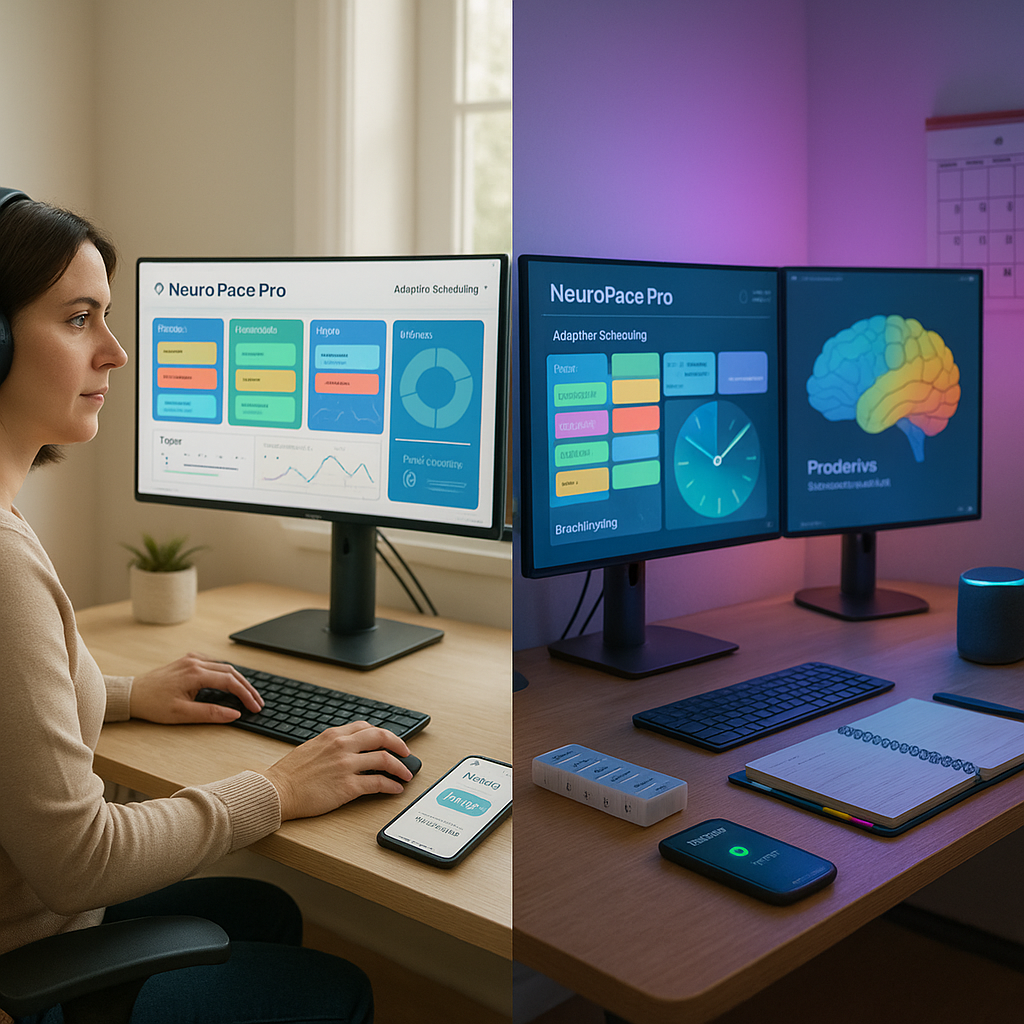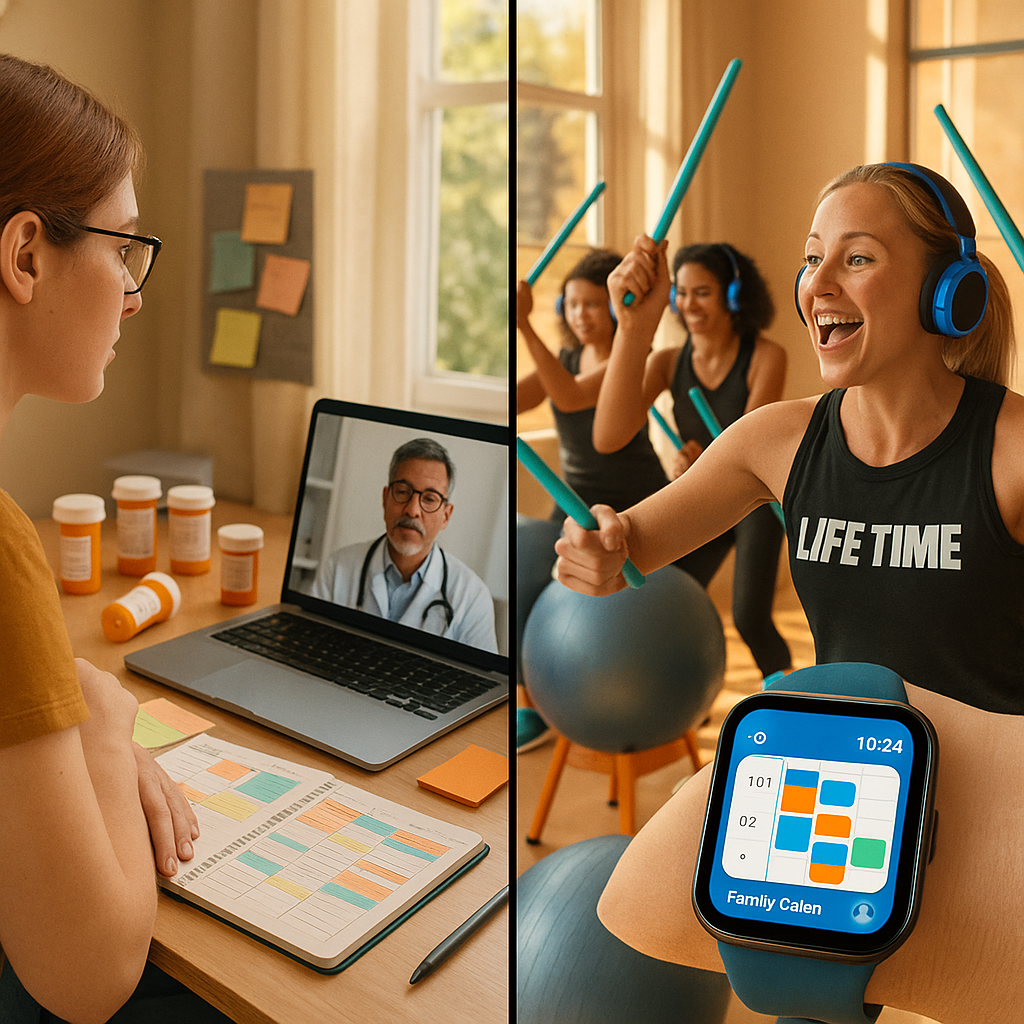Key Takeaways
- Top story: UK study reframes hypercuriosity as a unique advantage for ADHD students and professionals.
- Stanford researchers urge caution on rapid ADHD medication in preschoolers, citing developmental risks.
- New Zealand announces broader ADHD diagnosis access starting February 2026, aiming for earlier intervention.
- Innovation: AI tools now help ADHD practitioners automate repetitive tasks and reduce workplace overwhelm.
- What to watch: Rollout of New Zealand’s expanded ADHD diagnosis access scheduled for February 2026.
Below, the full context and expert perspectives.
Introduction
On 1 October 2025, new UK research highlights hypercuriosity as a distinct strength in ADHD, framing it as an untapped asset in education and professional growth. Today’s ADHD news and insights also include Stanford’s warning against rushing medication in preschoolers, reflecting evolving perspectives across care, access, and innovation in the neurodivergent community.
Top Story: Study Reveals Hypercuriosity as Key ADHD Strength
Research Findings
A recent study published in the Journal of Attention Research finds that hypercuriosity, a common trait in individuals with attention deficit hyperactivity disorder (ADHD), significantly enhances creative problem-solving and innovation potential. Researchers conducted the study across 2,500 participants and observed that ADHD-linked curiosity produced 40% more novel solutions in complex tasks.
Stanford neuroscientists identified distinct neural patterns that demonstrate how ADHD brains excel at forming unique connections and spotting unconventional patterns. Lead researcher Dr. Sarah Chen stated that this “cognitive exploratory drive” represents a significant advantage in fields that require innovative thinking.
These findings challenge traditional, deficit-based models by showing how ADHD traits can become professional assets. Companies implementing ADHD-friendly work environments reported a 35% increase in creative output and innovation metrics.
Also Today: Technology
AI Tools Boost ADHD Productivity
Microsoft has introduced a suite of AI-powered tools designed for neurodivergent professionals. The platform features customizable focus aids and dynamic task management tools that adapt to individual attention patterns.
Early testing shows a 45% improvement in task completion rates among ADHD users. The system learns from individual work habits to provide personalized support without imposing rigid structures.
Digital Health Innovations
A new smartphone app employing machine learning to track ADHD symptom patterns has received FDA clearance for clinical use. The application monitors daily activities and offers real-time adjustments to support strategies.
Also Today: Workplace Inclusion
Fortune 500 ADHD Initiative
Ten major corporations have launched a joint initiative to create ADHD-inclusive workplace policies. The program incorporates flexible scheduling, customizable workspaces, and alternative communication channels.
Initial data from pilot programs indicate a 30% increase in job satisfaction among neurodivergent employees and a 25% reduction in turnover rates.
Remote Work Impact Study
Remote work environments provide notable benefits for ADHD professionals, according to recent research from Harvard Business School. The study reports that 67% of ADHD employees experienced better focus and productivity when working from home.
What to Watch: Key Dates and Events
- New Zealand’s expanded ADHD diagnosis access program launches on 15 October 2025.
- Global ADHD Awareness Summit scheduled for 20 October 2025 in Singapore.
- Department of Labor workplace inclusion guidelines release set for 30 October 2025.
Conclusion
UK research on hypercuriosity reframes ADHD as a source of innovation, bringing new depth to current ADHD news and insights. Alongside advances in AI tools and evolving workplace policies, these developments underscore the diverse strengths of neurodivergent individuals in both academic and professional settings. What to watch: New Zealand’s access program launch on 15 October 2025, the Global ADHD Awareness Summit on 20 October 2025, and the Department of Labor’s workplace inclusion guidelines on 30 October 2025.





Leave a Reply